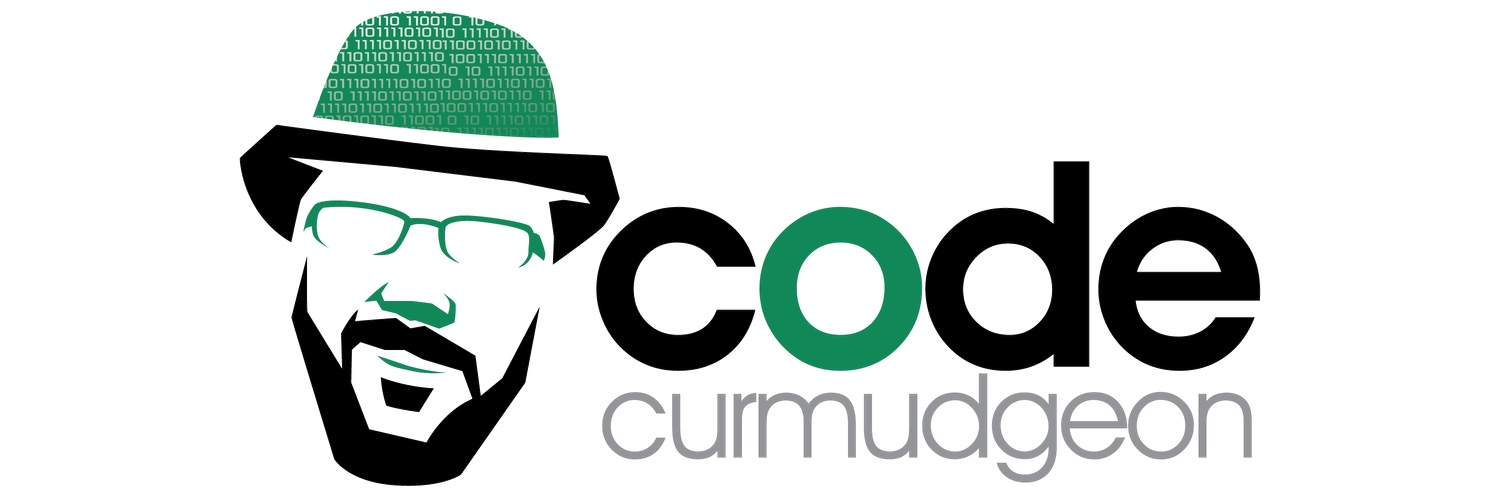If you look at the arguments, they essentially break down to “If Google can’t spy on your every behavior, then the internet will collapse.” This is because all information in applications that aren’t web-based can’t be crawled by web crawlers, and user behavior inside the application also cannot be monitored.
It sounds pretty ridiculous, when you think about it. People have been using applications for years on the desktop. Some of them are local to the desktop, others reach out and use the cloud (what we used to call the net, before that the internet, before that it was the network). Applications were, and continue to be a combination of proprietary software, commercial software, freeware, and other open-source models. What applications have usually NOT been on the desktop is ad-supported.
Much of the web has evolved itself into an old broadcast style model, IE advertising supports content. I know some will argue that the web “changes everything”, but think about it. The idea of having to put up with adds to get your news fix is nothing new at all. This is an old argument, is it better to have “free” content supported by ads, or paid content without advertising. In the modern era, we go beyond simple advertising as well. In addition to the cost of having to look at ads, people are giving up their privacy and allow advertisers to monitor their behavior. The rationalization is that this is saving them some money.
Again, it’s an old argument that is not going to be settled here, and I suspect won’t be settled at all. I prefer a world where you can choose whether or not you want ads, and pay for the content you get, or deal with advertising. Let the consumer choose. Personally, I don’t mind paying for software and content, like Netflix over Hulu. I prefer that over dealing with ads, even before the whole privacy issue came into play. But others feel differently and I don’t have a problem with that as long as I’m not forced down the same path.
What Brin is really saying is “If Google can’t spy on you, then advertising breaks down, and without advertising, the internet breaks down.” I don’t buy it. At all. If suddenly all advertising centric services were forced to simply serve up ads without regard to my exact movements, it would definitely have an affect on the bottom line of those serving up the ads. But advertising would go on. Don’t believe me? Turn on your television… see any advertising? Do they know who you are? Do they know what channel you just watched? Do they know that you called your mom during the show? Nope, and they don’t care. Actually they DO care, they’d love to have that information about you. But in absence of having the information, life goes on.
Google tries to obfuscates the issue by saying they’re against “Walled Gardens”. Of course they never address the issue that all traditional computing is “walled” in the sense that Google has no idea what you’re doing. But somehow that’s OK, while if use the same software on a tablet, it means death for the Internet. Ridiculous. There is in fact a considerable disagreement over whether Google themselves have a walled garden.
What it really means is that if strong privacy protections are put in place, Google will have to change or it will collapse, because they have no edge in selling ads over anyone else. That I believe.

